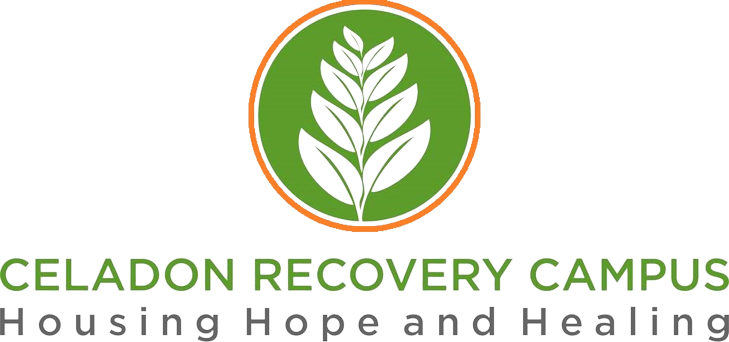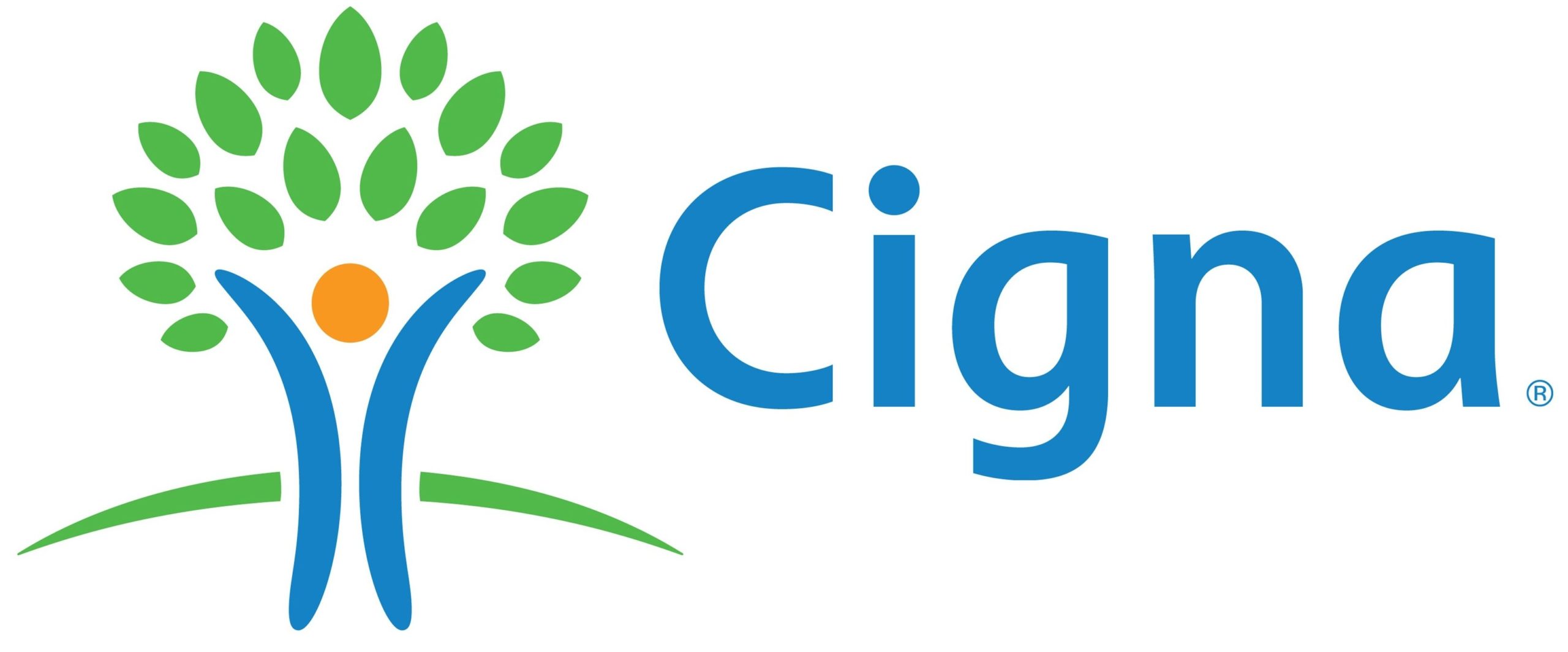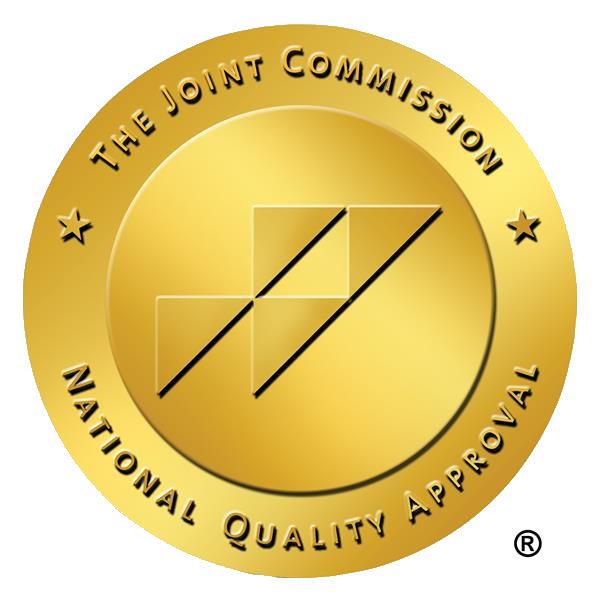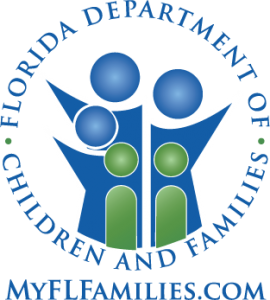Florida Depression Treatment
A significant aspect of our treatment programs involves addressing dual diagnosis and co-occurring disorders. Many individuals suffering from depression also struggle with substance abuse or other mental health disorders. Our integrated treatment plans ensure comprehensive care for these complex cases. T
These conditions, where a person struggles with both a mental health issue such as depression or bipolar disorder and substance abuse, require a nuanced and integrated approach to treatment. Our Florida-based center is specifically equipped to handle these intricate cases, employing a team of specialists who are experienced in the simultaneous treatment of mental health disorders and addiction. This integrated approach ensures that each aspect of the individual’s condition is addressed, laying a stronger foundation for long-term recovery and mental wellness.
Substance Abuse and Addiction Treatment
Substance abuse often goes hand in hand with mental health issues. At Celadon Recovery, our addiction treatment and detox services are designed to tackle substance use disorders alongside depression and other mental health conditions.
Innovative Therapies for Mental Health Treatment
Our treatment center is also at the forefront of offering innovative therapies such as EMDR (Eye Movement Desensitization and Reprocessing), which has proven effective in treating trauma-related aspects of mental illness.
Supporting Loved Ones and Family Members
Understanding that mental health conditions and substance abuse affect not just the individual but also their loved ones, Celadon Recovery offers family therapy and support programs. This holistic approach aids in healing relationships and building a strong support system for relapse prevention.
The Importance of Individualized Treatment Plans
Each individual’s journey to recovery is unique. Hence, our providers create personalized treatment plans, taking into account the specific needs and circumstances of each person. This individualized approach ensures that everyone receives the most effective treatment for their condition.
Outpatient and Intensive Outpatient Programs (IOP)
For those who require flexibility, our outpatient treatment and intensive outpatient program (IOP) offer a balance between receiving quality care and maintaining daily responsibilities. These programs are particularly beneficial for ongoing support and relapse prevention.
Partial Hospitalization Program (PHP)
Our partial hospitalization program (PHP) offers a structured yet flexible treatment option for those needing more intensive care than traditional outpatient services. PHP serves as a crucial step in the continuum of care for many individuals.
The Role of Group Therapy and Peer Support
Group therapy plays a vital role in our treatment programs, providing peer support and fostering a sense of community. Sharing experiences and coping skills in a group setting can be incredibly empowering for individuals struggling with mental health issues.
The Journey Towards Recovery: Long-Term Care and Support
Recovery from mental illness and substance abuse is a long-term journey. At Celadon Recovery, we are committed to providing ongoing support, professional help, and resources to ensure sustainable recovery for every individual.
Conclusion: Celadon Recovery – Your Partner in Mental Health and Addiction Treatment
Located in South Florida, Celadon Recovery is more than just a rehab center or a mental health treatment center. It’s a place where hope is restored, and lives are transformed. Our comprehensive approach, dedicated team of health professionals, and commitment to providing effective treatment make us a beacon of hope for those seeking to overcome mental health challenges and substance abuse issues.










